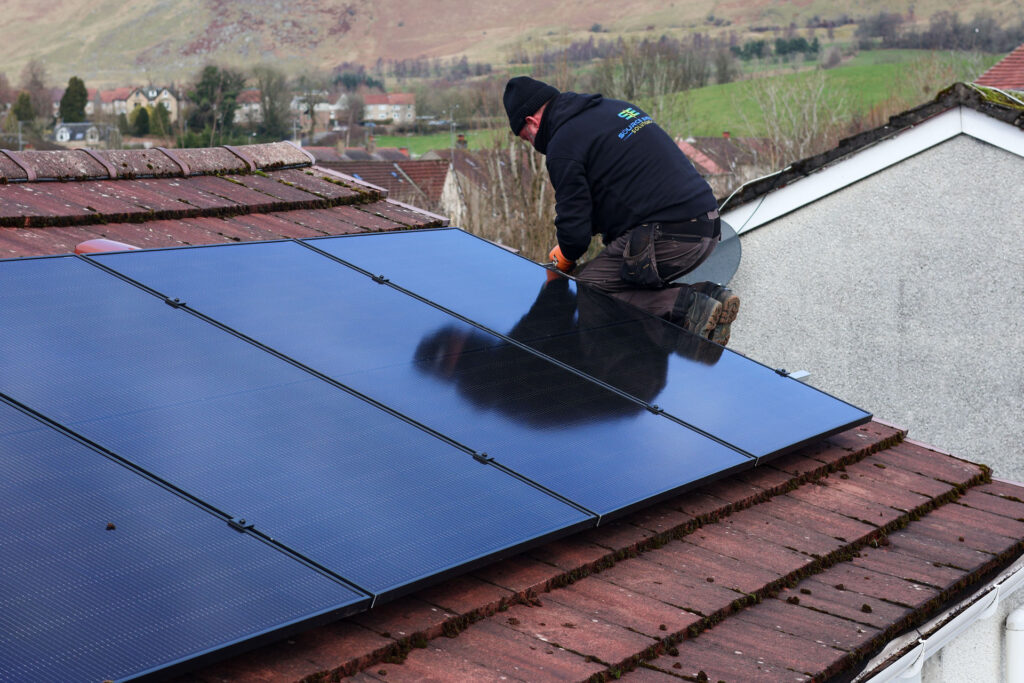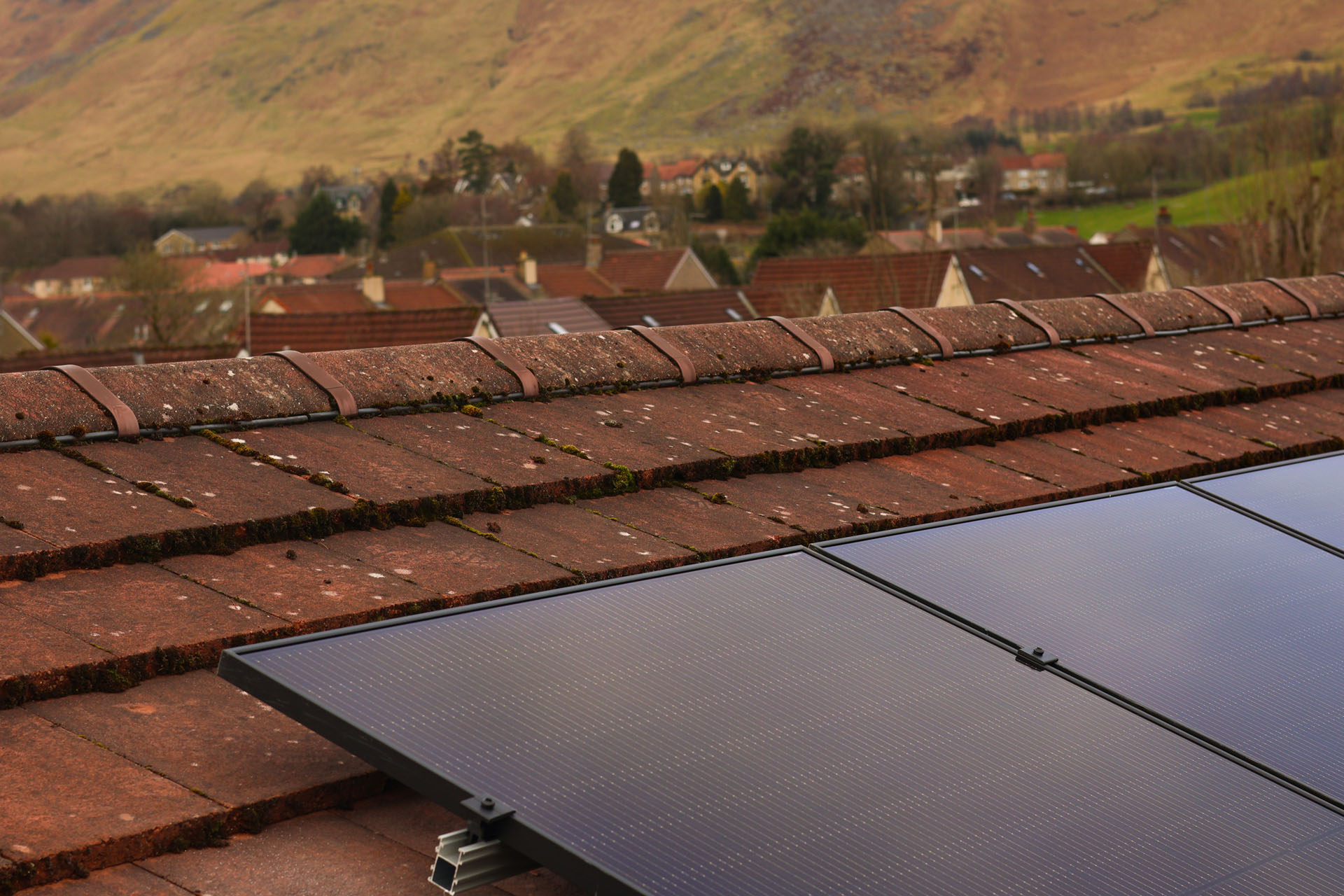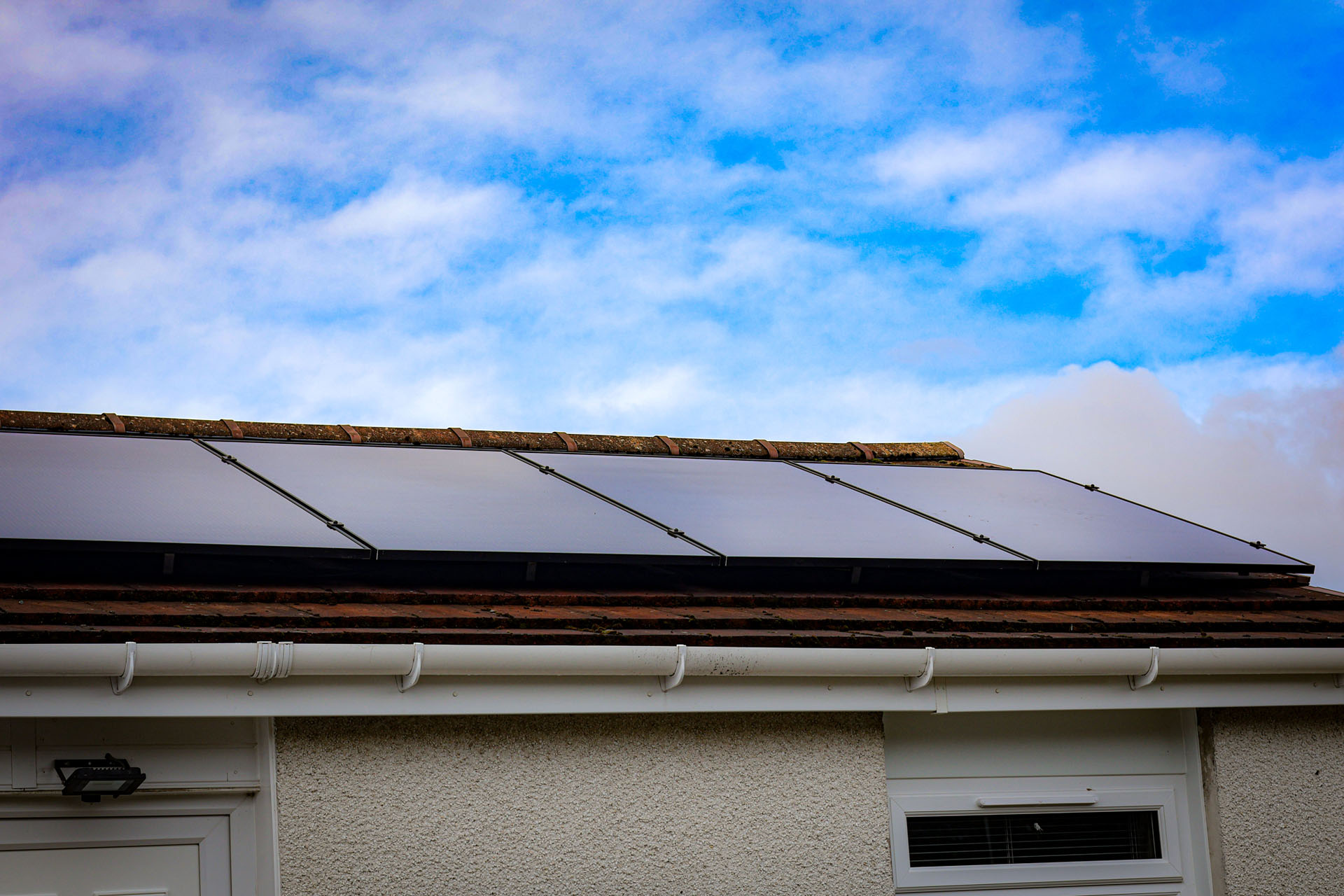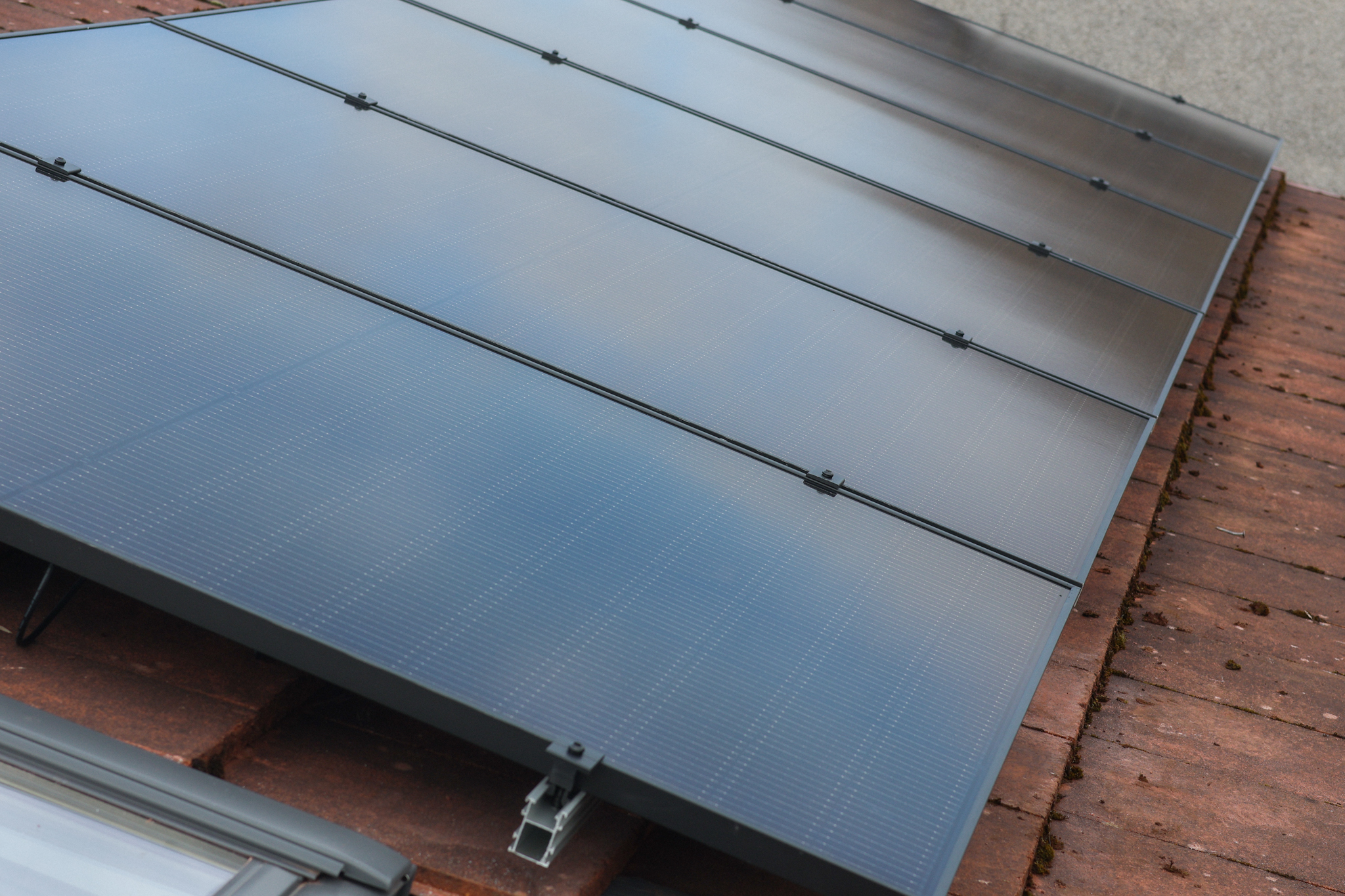Introduction
Climate change is no longer a distant threat; it’s a present reality affecting ecosystems, weather patterns, and economies globally. Amidst this urgent crisis, renewable energy sources have emerged as vital tools in our fight against it, making a positive impact. Among these, solar energy stands out for its potential to significantly reduce our carbon footprint and pave the way towards a cleaner, sustainable future. Let’s look at the relationship between solar panels and climate change, and what solar energy can do to combat the looming threat.
Understanding Solar Energy
What is Solar Energy?
Solar energy is harnessed from the sun’s rays and converted into electricity or heat. It’s one of the most abundant and cleanest renewable energy sources available. Every day, the sun provides more than enough energy to meet the world’s needs, making it a pivotal player in the renewable energy landscape.
How Do Solar Panels Work?
Solar panels, or photovoltaic (PV) panels, are composed of many solar cells made from semiconductor materials like silicon. When sunlight hits these cells, it excites electrons, creating an electric current. This current is then converted into usable electricity, which can power homes, businesses, and even entire communities.
The Environmental Benefits of Solar Panels
Reduction of Greenhouse Gas Emissions
Solar panels produce electricity without emitting greenhouse gases. Unlike fossil fuels, which release significant amounts of CO2 and other pollutants, solar energy generation is clean. This reduction in greenhouse gases helps mitigate global warming and its associated impacts.
Decrease in Air Pollution
Traditional power plants burn fossil fuels, releasing pollutants that contribute to smog and respiratory problems. Solar energy, on the other hand, produces no air pollution, leading to cleaner air and healthier communities.
Conservation of Water Resources
Energy production often requires large amounts of water, especially in thermoelectric power plants. Solar panels help to protect this precious resource, reducing the strain on water supplies.
Solar Panels vs. Fossil Fuels
Comparative Analysis of Carbon Footprints
Fossil fuel energy production has a substantial carbon footprint due to the extraction, transportation, and combustion processes. In contrast, solar panels have a minimal carbon footprint, primarily associated with manufacturing and installation. Over their lifetime, solar panels offset these initial emissions, making them a greener alternative. When looking at solar panels and climate change, it is clear to see that they are a great tool to combat the issue.
Long-term Sustainability
Solar panels offer long-term sustainability as they rely on an inexhaustible energy source: the sun. Fossil fuels, however, are finite and becoming increasingly difficult and environmentally damaging to extract. Investing in solar energy ensures a sustainable energy supply for the future.

Economic Advantages of Solar Panels
Cost Savings on Energy Bills
One of the most attractive benefits of solar panels is the reduction in energy bills. Once installed, solar panels provide free electricity from the sun, which can significantly lower or even eliminate monthly electricity costs altogether.
Job Creation in the Renewable Energy Sector
The growth of the solar industry has created numerous jobs in manufacturing, installation, maintenance, and research. This sector not only supports economic growth but also fosters a workforce skilled in sustainable technologies.
Energy Independence and Security
By generating their own electricity, individuals and communities can reduce dependence on imported fuels. This energy independence enhances national security and reduces vulnerability to global energy market fluctuations.
Technological Advancements in Solar Energy
Efficiency Improvements in Solar Panels
Technological advancements have significantly improved the efficiency of solar panels, allowing them to convert more sunlight into electricity. Innovations such as multi-junction cells and bifacial panels continue to push the boundaries of solar efficiency.
Innovations in Solar Energy Storage
Energy storage solutions, like lithium-ion batteries, have made it possible to store solar energy for use when the sun isn’t shining. This advancement addresses one of the main challenges of solar energy: its intermittency.

Smart Grid Integration
Smart grid technologies enable better integration of solar energy into the existing power grid. These technologies enhance grid reliability, allowing for efficient energy distribution and reducing the need for fossil fuel power plants.
Challenges Facing Solar Energy Adoption
Initial Installation Costs
While solar panels can save money in the long run, the initial installation cost can be a barrier for many. However, prices have been steadily decreasing, and various financing options are becoming available to make solar more accessible.
Space Requirements
Solar panels require space for installation, which can be a challenge for properties with limited roof space or shading issues. This can sometimes be overcome with ground-mounted systems. Our specialist team will find the best possible options for your system when they visit for a survey.
Intermittency and Reliability
Solar energy production is dependent on sunlight, making it intermittent. However, advancements in energy storage and grid integration are mitigating these reliability concerns, ensuring a consistent energy supply. It is also worth noting that while solar panels run optimally in direct sunlight, they can still generate energy in daylight.
The Future of Solar Energy
Predicted Growth Trends
The solar industry is poised for significant growth, driven by declining costs, technological advancements, and supportive policies. Predictions indicate a substantial increase in global solar capacity in the coming decades.
The Role of Solar Energy in a Sustainable Future
Solar energy is set to play a crucial role in achieving a sustainable future. Its ability to provide clean, renewable energy will be instrumental in reducing our carbon footprint and mitigating climate change.
Common Misconceptions About Solar Energy
Solar Panels and Energy Production During Cloudy Days
A common misconception is that solar panels only work on sunny days. While their efficiency is higher with direct sunlight, they can still generate electricity on cloudy days and during winter months, requiring only daylight.
Longevity and Maintenance of Solar Panels
Another misconception is that solar panels require a lot of maintenance and have a short lifespan. In reality, solar panels are durable, with most lasting 25-30 years and requiring minimal maintenance.
We hope this has given a comprehensive overview on the relationship between solar panels and climate change, and what they can do to combat it. Interested in having a system installed at your home? Get in touch with one of our team today.


